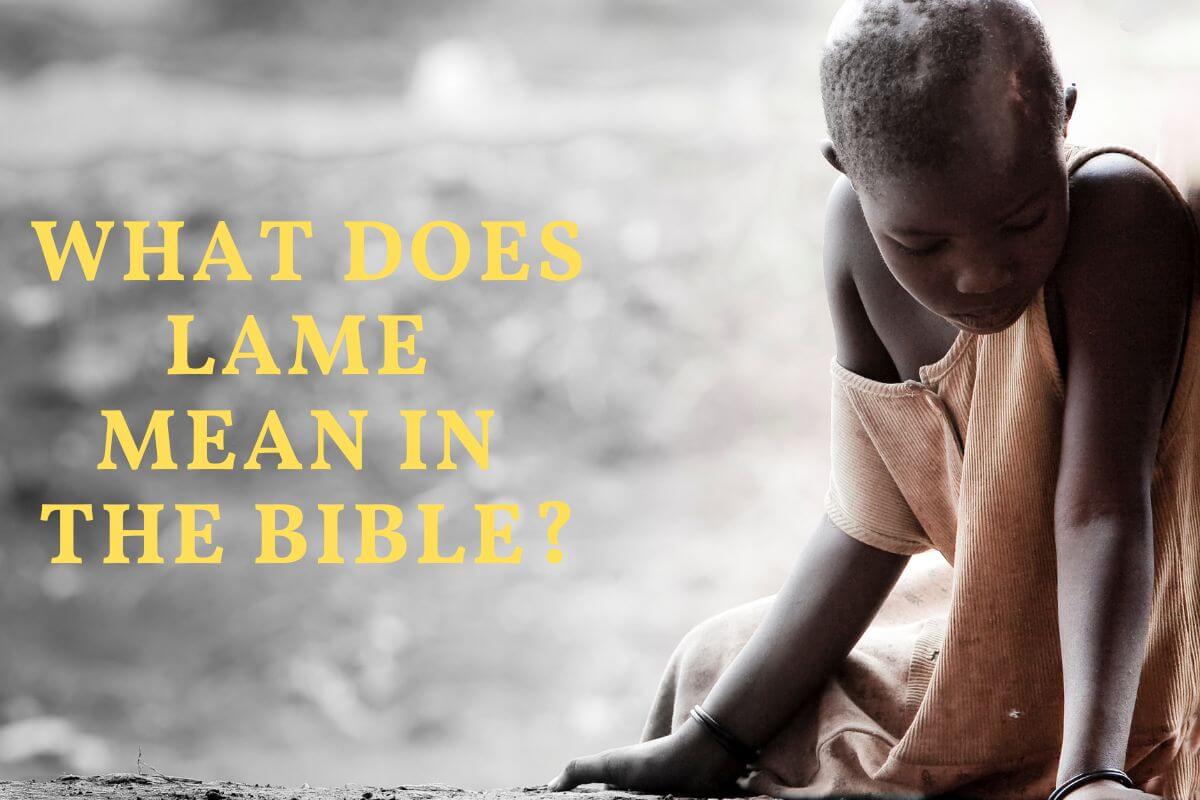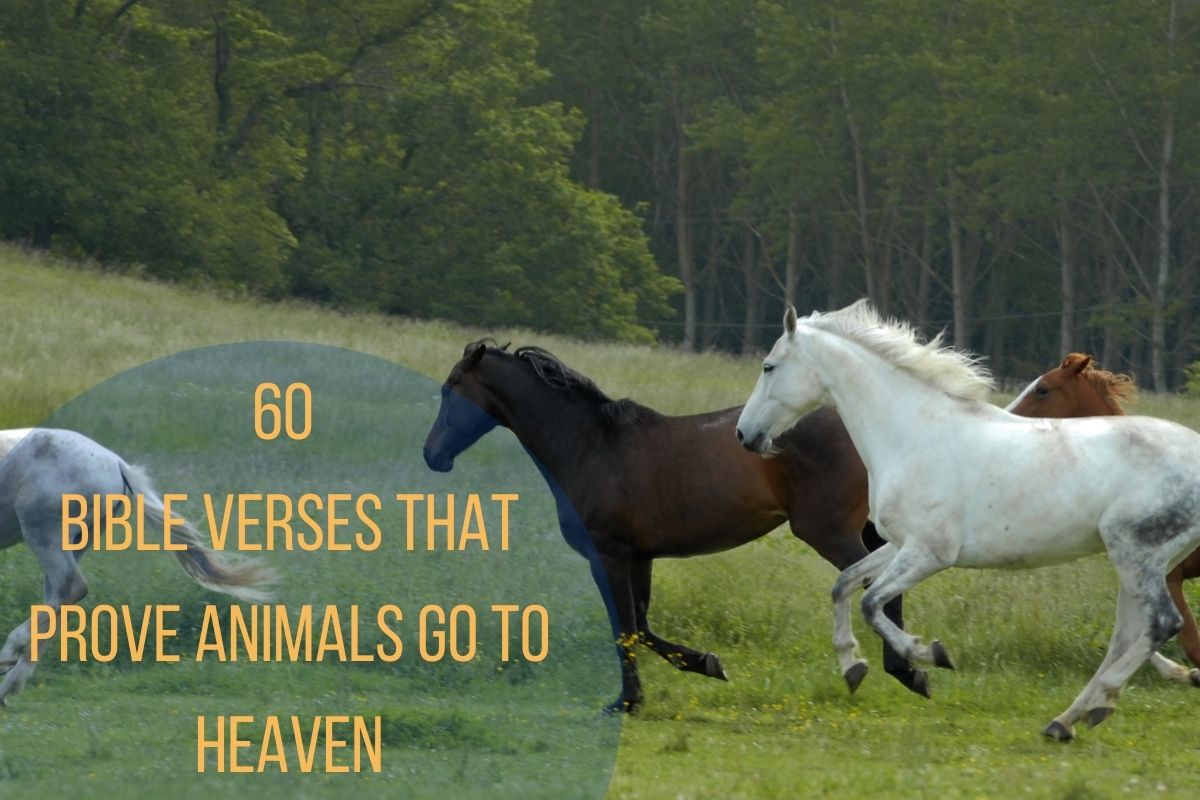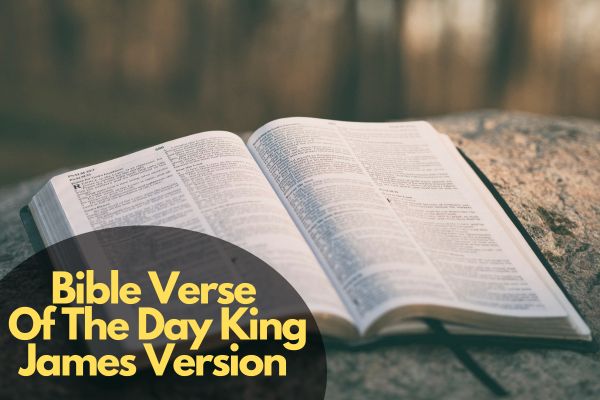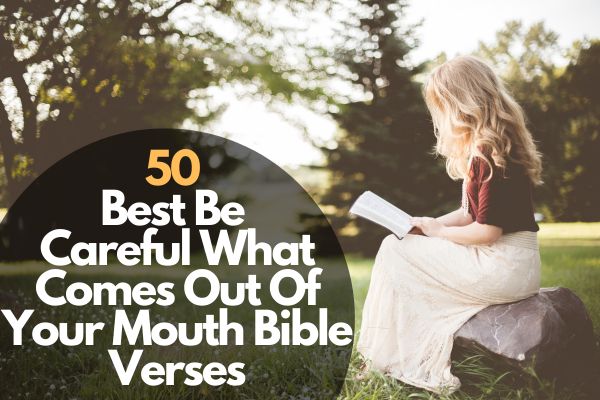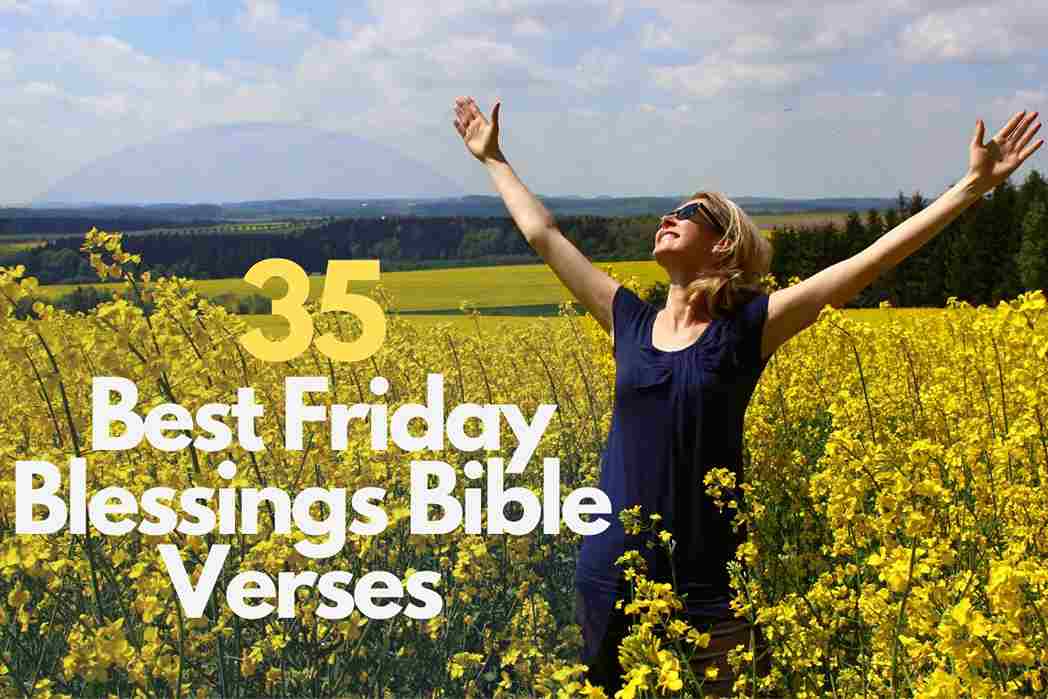Passover, also known as Pesach, is a Jewish holiday that commemorates the Israelites’ liberation from slavery in ancient Egypt. The holiday is observed for seven or eight days in the spring, depending on the Jewish calendar.
During Passover, Jewish people observe several traditions, including refraining from eating leavened bread and consuming matzah, an unleavened bread symbolizing the haste with which the Israelites fled Egypt.
They also conduct a Seder, a ritual meal that includes retelling the story of the Exodus and consuming symbolic foods, such as bitter herbs and a roasted shank bone.
Bible verses for Passover
1. Exodus 12:17
And you shall observe the Feast of Unleavened Bread, for on this very day I brought your hosts out of the land of Egypt. Therefore you shall observe this day, throughout your generations, as a statute forever.
2. Exodus 12:7
And they shall take some of the blood and put it on the two doorposts and the lintel of the houses in which they eat it.
3. Exodus 12:26-27
And when your children say to you, ‘What do you mean by this service?’ you shall say, ‘It is the sacrifice of the Lord’s Passover, for he passed over the houses of the people of Israel in Egypt, when he struck the Egyptians but spared our houses.
4. Exodus 23:18
You shall not offer the blood of my sacrifice with anything leavened, or let the fat of my feast remain until the morning.
5. Leviticus 23:5
In the first month, on the fourteenth day of the month at twilight, is the Lord’s Passover.
6. Exodus 12:19
For seven days no leaven is to be found in your houses. If anyone eats what is leavened, that person will be cut off from the congregation of Israel, whether he is a sojourner or a native of the land.
7. Deuteronomy 16:3
You shall eat no leavened bread with it. Seven days you shall eat it with unleavened bread, the bread of affliction for you came out of the land of Egypt in haste that all the days of your life you may remember the day when you came out of the land of Egypt.
8. 1 Corinthians 5:7
For Christ, our Passover lamb, has been sacrificed.
9. Luke 22:15
And he said to them, ‘I have earnestly desired to eat this Passover with you before I suffer.
10. Exodus 12:13
The blood shall be a sign for you on the houses where you are. And when I see the blood, I will pass over you, and no plague will befall you to destroy you when I strike the land of Egypt.
11. Exodus 12:21
Then Moses called all the elders of Israel and said to them, ‘Go and select lambs for yourselves according to your clans, and kill the Passover lamb.
12. Exodus 12:16
On the first day you shall hold a holy assembly, and on the seventh day a holy assembly. No work shall be done on those days. But what everyone needs to eat, that alone may be prepared by you.
13. Exodus 12:8
And they shall eat the flesh that night, roasted on the fire; with unleavened bread and bitter herbs they shall eat it.
14. Exodus 12:14
So this day shall be for you a memorial day, and you shall keep it as a feast to the Lord; throughout your generations, as a statute forever, you shall keep it as a feast.
15. Exodus 13:8
And you shall tell your son on that day, ‘It is because of what the Lord did for me when I came out of Egypt.
16. Exodus 23:19
You shall not boil a young goat in its mother’s milk.
Passover Bible verses New Testament
17. Luke 22:14-15
And when the hour came, he reclined at table, and the apostles with him. And he said to them, ‘I have earnestly desired to eat this Passover with you before I suffer.
18. Luke 22:19
And he took bread, and when he had given thanks, he broke it and gave it to them, saying, ‘This is my body, which is given for you. Do this in remembrance of me.
19. Luke 22:20
And likewise the cup after they had eaten, saying, ‘This cup that is poured out for you is the new covenant in my blood.
20. Mark 14:12
And on the first day of Unleavened Bread, when they sacrificed the Passover lamb, his disciples said to him, ‘Where will you have us go and prepare for you to eat the Passover?
21. Matthew 26:27-28
Then he took a cup, and when he had given thanks, he gave it to them, saying, ‘Drink from it, all of you. This is my blood of the covenant, which is poured out for many for the forgiveness of sins.
22. Luke 22:14-15
And when the hour came, he reclined at table, and the apostles with him. And he said to them, ‘I have earnestly desired to eat this Passover with you before I suffer.
23. Mark 14:24
And he said to them, ‘This is my blood of the covenant, which is poured out for many.
24. Luke 22:7
Then came the day of Unleavened Bread, on which the Passover lamb had to be sacrificed.
25. Matthew 26:27-28
And when he had taken a cup and given thanks, he gave it to them, saying, ‘Drink from it, all of you; for this is my blood of the covenant, which is poured out for many for forgiveness of sins.
What is the meaning of Passover according to the Bible?
In the Bible, Passover is a Jewish holiday commemorating the story of the Israelites’ liberation from slavery in ancient Egypt, as described in the book of Exodus.
According to the biblical account, God sent a series of ten plagues upon Egypt to convince the pharaoh to release the Israelites from bondage. The final and most devastating of these plagues was the killing of the firstborn in every Egyptian household.
To protect the Israelites from this plague, God instructed them to mark the doors of their homes with the blood of a sacrificial lamb and to eat a special meal of roasted lamb and unleavened bread.
The blood on the doors was a sign for the Angel of Death to “pass over” those homes and spare the firstborn within. The Israelites were then able to flee Egypt, beginning their journey to the Promised Land.
First Passover in the Bible
The first Passover in the Bible is recorded in the book of Exodus, chapter 12. According to the account, God sent Moses and his brother Aaron to the pharaoh of Egypt to demand the release of the Israelites from slavery.
When the pharaoh refused, God sent a series of ten plagues upon Egypt to convince the pharaoh to let the Israelites go.
The tenth and final plague was the killing of the firstborn in every Egyptian household, as mentioned before. However, God instructed the Israelites to mark their doorposts with a lamb’s blood and eat a special meal of roasted lamb, unleavened bread, and bitter herbs.
The blood on the doorposts was a sign for the Angel of Death to “pass over” those homes and spare the firstborn within.
Passover in the Old Testament
Passover is an essential event in the Old Testament, particularly in the book of Exodus. The story of Passover begins in Exodus chapter 1, which describes the Israelites’ enslavement in Egypt. God then calls Moses to lead the Israelites out of Egypt, and the Passover is a key part of that story.
In Exodus chapter 12, God commands the Israelites to mark their doorposts with the blood of a lamb and to eat a special meal of roasted lamb, unleavened bread, and bitter herbs.
The blood on the doorposts was a sign for the Angel of Death to “pass over” those homes and spare the firstborn within. This allowed the Israelites to avoid the final plague God sent on Egypt and escape their enslavement.
The Passover is also mentioned in other parts of the Old Testament, including Deuteronomy 16:1-8, which provides instructions for how the Passover should be observed.
The Passover is a time of remembrance of God’s deliverance of the Israelites from slavery in Egypt. It is seen as a foundational event in Jewish history and identity.
How many times is Passover mentioned in the New Testament?
Passover is mentioned 29 times in 27 verses in the New Testament. It is an important event in the Bible and is mentioned in the New Testament as a testimony to the veracity of Passover and its divine origin.
It is to be observed on the fourteenth day of the year’s first month and is a meal of unleavened bread and bitter herbs.
What is the Passover and why is it important
The Passover is a Jewish holiday commemorating the story of the Israelites’ liberation from slavery in ancient Egypt, as described in the book of Exodus.
According to the biblical account, God sent a series of ten plagues upon Egypt to convince the pharaoh to release the Israelites from bondage.
The final and most devastating of these plagues was the killing of the firstborn in every Egyptian household.
To protect the Israelites from this plague, God instructed them to mark the doors of their homes with the blood of a sacrificial lamb and to eat a special meal of roasted lamb and unleavened bread.
The blood on the doors was a sign for the Angel of Death to “pass over” those homes and spare the firstborn within. The Israelites were then able to flee Egypt, beginning their journey to the Promised Land.
The Passover is essential to Jewish people for a few reasons. First, it commemorates the foundational event in Jewish history and identity, symbolizing freedom and redemption. The holiday is a powerful demonstration of God’s compassion for the oppressed and His power to rescue His people from their enemies.
Second, it serves as a time for Jewish people to come together to remember their shared history, thank God, and celebrate their faith and community.
Finally, the Passover is a time of renewal and reflection, as Jewish people are called to examine their lives, seek forgiveness, and work towards making the world a better place.
Where in the Bible is the Passover story?
The Passover story is found in the book of Exodus in the Old Testament. The story is primarily told in Exodus chapters 1-15, with the necessary details of the Passover itself described in Exodus chapter 12. Here is a summary of the story:
The Israelites had been enslaved in Egypt for many years, but God had chosen Moses to lead them out of bondage and into the Promised Land. Moses confronted the Pharaoh of Egypt, demanding that he release the Israelites, but the Pharaoh refused. God then sent a series of ten plagues on Egypt, including locusts, frogs, and darkness.
The final plague was the killing of the firstborn in every Egyptian household. To protect the Israelites from this plague, God instructed them to mark the doors of their homes with the blood of a sacrificial lamb and to eat a special meal of roasted lamb and unleavened bread.
The blood on the doors was a sign for the Angel of Death to “pass over” those homes and spare the firstborn within. The Israelites were then able to flee Egypt, beginning their journey to the Promised Land.
The Passover story is a powerful symbol of freedom, liberation, and hope, and it continues to be an essential part of Jewish tradition and identity today.
Passover Bible Study
Passover is an important holiday in the Jewish calendar, commemorating the liberation of the Israelites from slavery in Egypt.
The story of Passover is recounted in the book of Exodus in the Bible, and the holiday is celebrated in the spring, usually in March or April. Here are some key passages from the Bible related to Passover:
- Exodus 12:1-14 – The Lord instructs Moses and Aaron on how to observe the first Passover. The Israelites were to sacrifice a lamb and use its blood to mark the doorposts of their homes. This would protect them from the final plague, in which the firstborn sons of the Egyptians would be killed.
- Exodus 12:15-20 – The Lord commands the Israelites to eat unleavened bread for seven days to commemorate their hasty departure from Egypt.
- Exodus 12:21-28 – Moses tells the Israelites to observe the Passover as the Lord has commanded. They are also told to explain the meaning of the holiday to their children so that they will remember it for generations to come.
- Exodus 12:29-36 – The Lord carries out the final plague, and the firstborn sons of the Egyptians are killed. Pharaoh finally relents and allows the Israelites to leave Egypt. They leave so haste that they do not have time to let their bread rise, so they eat unleavened bread during the holiday.
- Exodus 13:3-10 – Moses tells the Israelites that they must continue to observe the Passover as a memorial to their liberation from Egypt. They are also commanded to consecrate their firstborn sons to the Lord.
- Exodus 13:11-16 – The Lord tells Moses that the firstborn of all the animals belonging to the Israelites must also be consecrated to him. This is a reminder that the Lord spared the firstborn of the Israelites during the final plague.

